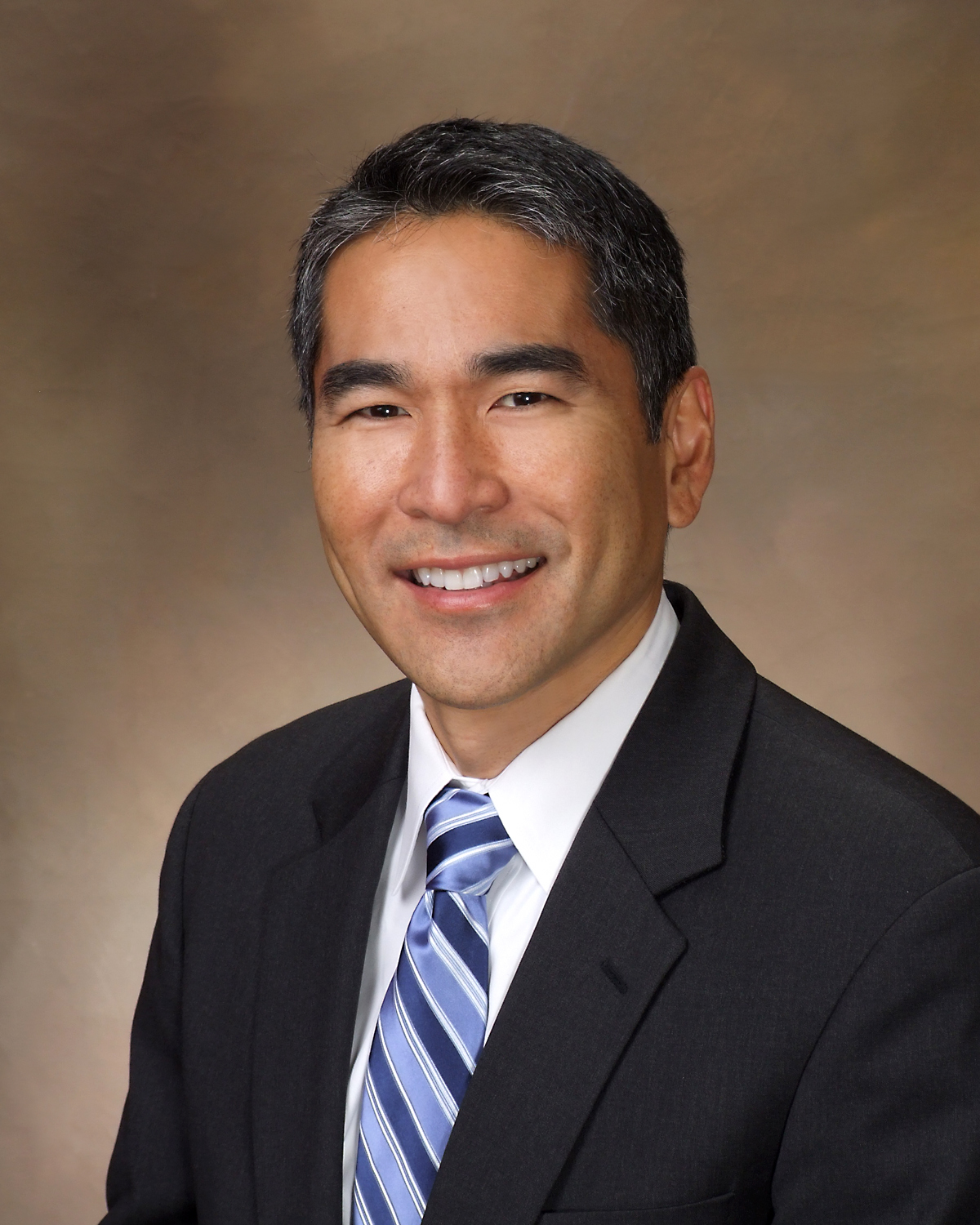Chick-fil-A Debate Continues: A Talk with Atlanta City Councilman Alex Wan


The controversy over Atlanta-based Chick-fil-A has entered another week, with both sides ramping up publicity efforts. It started in mid-July, when Chick-fil-A president Dan Cathy said the company defends what he called the biblical definition of marriage. Gay marriage advocates promised boycotts and efforts to block Chick-fil-A expansion in some cities; company supporters organized events in its defense. WABE’s Denis O’Hayer spoke with Atlanta City Councilman Alex Wan, the only openly gay member of the Council, who has promised to try to block any further expansion by Atlanta-based Chick-fil-A within the city limits. (For broadcast version, click the top button; for expanded version, click the bottom button.)
Denis O’Hayer: Alex Wan, welcome. Good to have you.
Alex Wan: Thank you. Thanks for having me.
O’Hayer: Now, you have said that you would oppose any further expansion—I guess that would mean
“new locations”—by Chik-fil-A within the city limits of its hometown Atlanta. Realistically, how likely is that to happen?
Wan: The reality of it is that if the franchisees qualify for a permit, there’s really nothing that I would be able do to stop the issuance of the permit. However, there are plenty of instances within the city where new developments are proposed to go in that require coordination and cooperation from the neighborhoods to reach understandings and agreements on zoning changes or land-use changes. And for me, those are opportunities to really have an even more in-depth dialogue about whether or not our communities want certain types of businesses operating within their boundaries.
O’Hayer: But should decisions by a government about zoning or land-use be dictated by publicly stated religious beliefs of a company’s management, however one feels about those beliefs? Aren’t we getting into some really tricky constitutional ground here?
Wan: Of course, and I would actually follow the advice of the legal department within the city, but at the same time, if there are instances where a company’s operations might cause some adverse secondary effects within a community, I think those factors absolutely should be considered in zoning conversations.
O’Hayer: What adverse secondary effects would those be?
Wan: There might be disruption, public safety issues. There may be just concerns about compatibility. There are all sorts of factors that go into these zoning conversations, so I think how a company operates is in fact very much applicable and appropriate to have in those conversations.
O’Hayer: You said something very interesting—you said “compatibility.” Certainly, as a city council member who’s openly gay, what would you say to someone who says, “Look, when it comes to issues of exclusion, the gay community has been on the wrong end of that, by a whole lot of people for a long time. At what point do we cross the line ourselves?”
Wan: You’re going to have to explain that question a little bit.
O’Hayer: Okay—somebody thinks the way Dan Cathy does or says something publicly the way Dan Cathy does. Does somebody with power have the ability to say, “Okay, we don’t want you in this or that neighborhood”?
Wan: At least for me, and decisions that impact my district, I would need to think long and hard and really work through and have a deeper conversation about this before trying to negotiate any sort of arrangement or deal and any decision in order to move forward. Again, I’m having a hard time grasping your question to give you an answer. I mean, I kind of know what you’re saying, but I’m just not quite there.
O’Hayer: Are you satisfied that we’re not dealing with an issue of how they treat employees or customers, that this is simply Dan Cathy saying what he thinks, but that it doesn’t translate into treatment of the people who work there or the people who eat there?
Wan: I think there’s a difference between when Mr. Cathy makes a statement versus when the nonprofit arm, the charitable arm, of the company itself funds anti-gay groups. Since, I believe, 2009, or sometime in the late 2000s until now, the company has funded over five million dollars to anti-gay organizations. I think that’s when we cross the line of what a company president does versus what the company does.
O’Hayer: But again, there are probably many, many businesses in the city of Atlanta that get permits all the time that are involved politically to one extent or another. This one just happens to have caught public attention. Are we going to check who gives what to whom before we grant permits?
Wan: No, I think if a particular council person feels strongly about an issue and may be personally impacted by the actions of a corporate citizen, I don’t think it’s unreasonable to research that company’s activities and make a determination whether or not it would, again, create adverse secondary effects within the confines or the limits of the city or the district. And I think that’s all I’m doing in this situation.
O’Hayer: Atlanta city councilman Alex Wan. Councilman Wan, thanks very much for being with us. We really appreciate it.
Wan: Thank you for having me.
9(MDAxODM0MDY4MDEyMTY4NDA3MzI3YjkzMw004))




